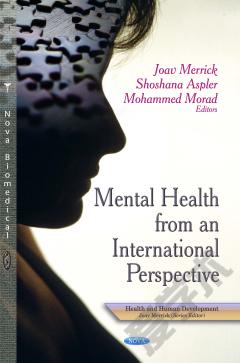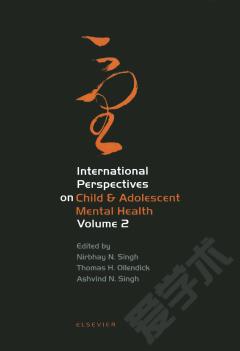Mental Health from an International Perspective
Mental health is “a state of well-being in which the individual realizes his or her own abilities; can cope with the normal stresses of life; can work productively and fruitfully; and is able to make a contribution to his or her community”. Mental illness is defined as “collectively, all diagnosable mental disorders” or “health conditions that are characterized by alterations in thinking, mood, or behavior (or some combination thereof) associated with distress and/or impaired functioning.” Mental disorders, especially depressive disorders, are related to many chronic diseases like diabetes, cancer, cardiovascular disease, asthma and obesity. In recent years, there has been an alarming number of school shootings with youth or adults involved who are seriously mentally disturbed. There has also been an increase in suicides and mental pathology in the military and in fact, many professionals perceive that the increase in psychiatric drugs negatively impacts our population. In spite of more people receiving psychotropic medication at a large expense to the individual and society, it does not seem that people are getting better on the whole. As a result, there is a need to re-evaluate our policy and interventions, but also a need for more accurate data and information.
{{comment.content}}








 京公网安备 11010802027623号
京公网安备 11010802027623号